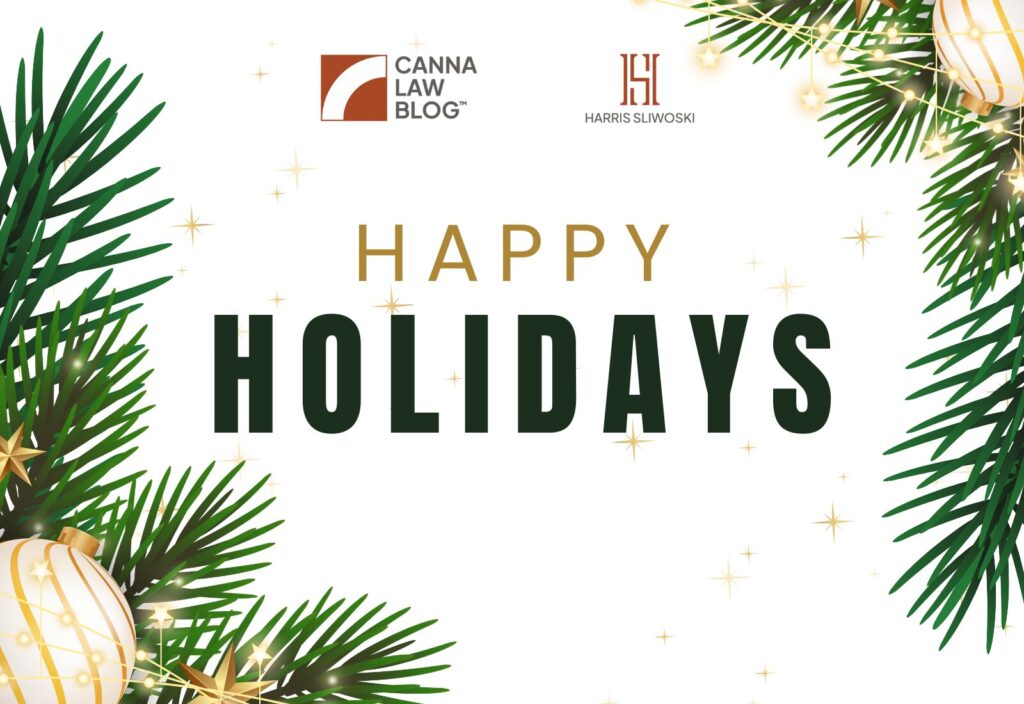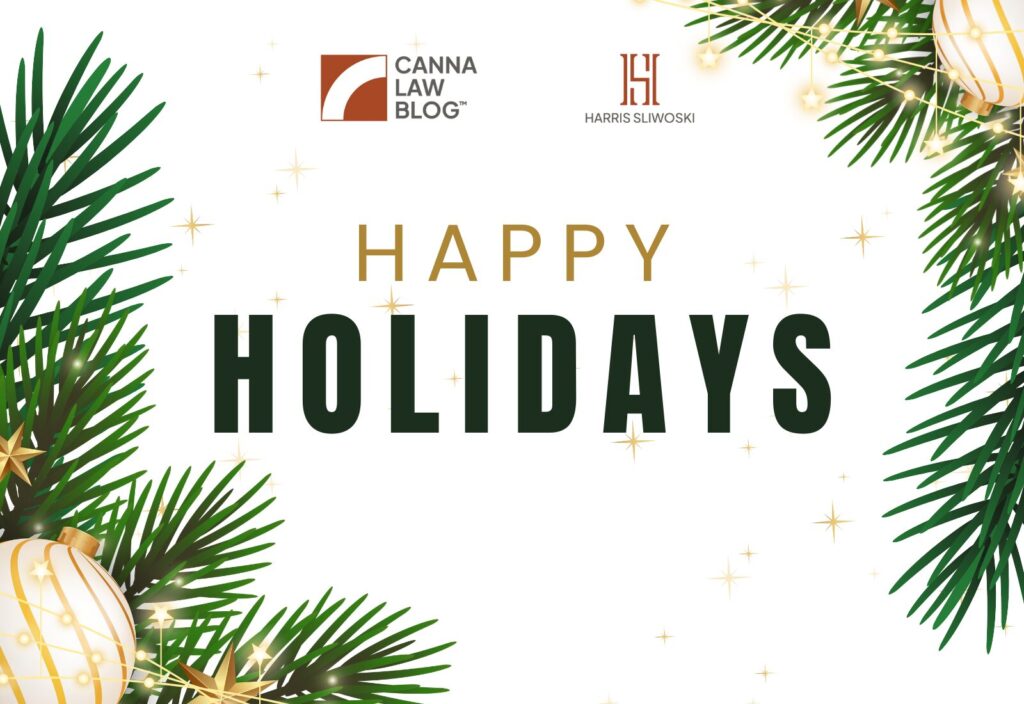
On November 10, 2022, Judge Gary L. Sharpe of the New York Federal District Court in Syracuse entered an order enjoining New York’s retail cannabis dispensary application process in five regions of the state (Brooklyn, Central New York, Finger Lakes, Mid-Hudson and Western New York) for the Conditional Adult Use Retail Dispensary (“CAURD”) licenses (the “November Decision”). The November Decision follows similar decisions from other states’ federal courts: cannabis licensing rules that favor in-state residents over out-of-state residents violate the “dormant commerce clause” of the U.S. Constitution.
As we previously discussed here, all applicants for the CAURD license were required to demonstrate a significant presence in New York, either individually or by having a principal corporate location in New York. For entities, the New York “presence” requirement can be met by a majority ownership interest in the entity being held by individuals who are physically present in New York for at least 180 calendar days in the current year, or 540 calendar days over the past three years.
During the Plaintiff Variscite’s application process, Variscite selected Brooklyn, Central New York, the Finger Lakes, the Mid-Hudson area and Western New York as its regions for possible licensure. As such, the judge
Read full article on HarrisBricken






































